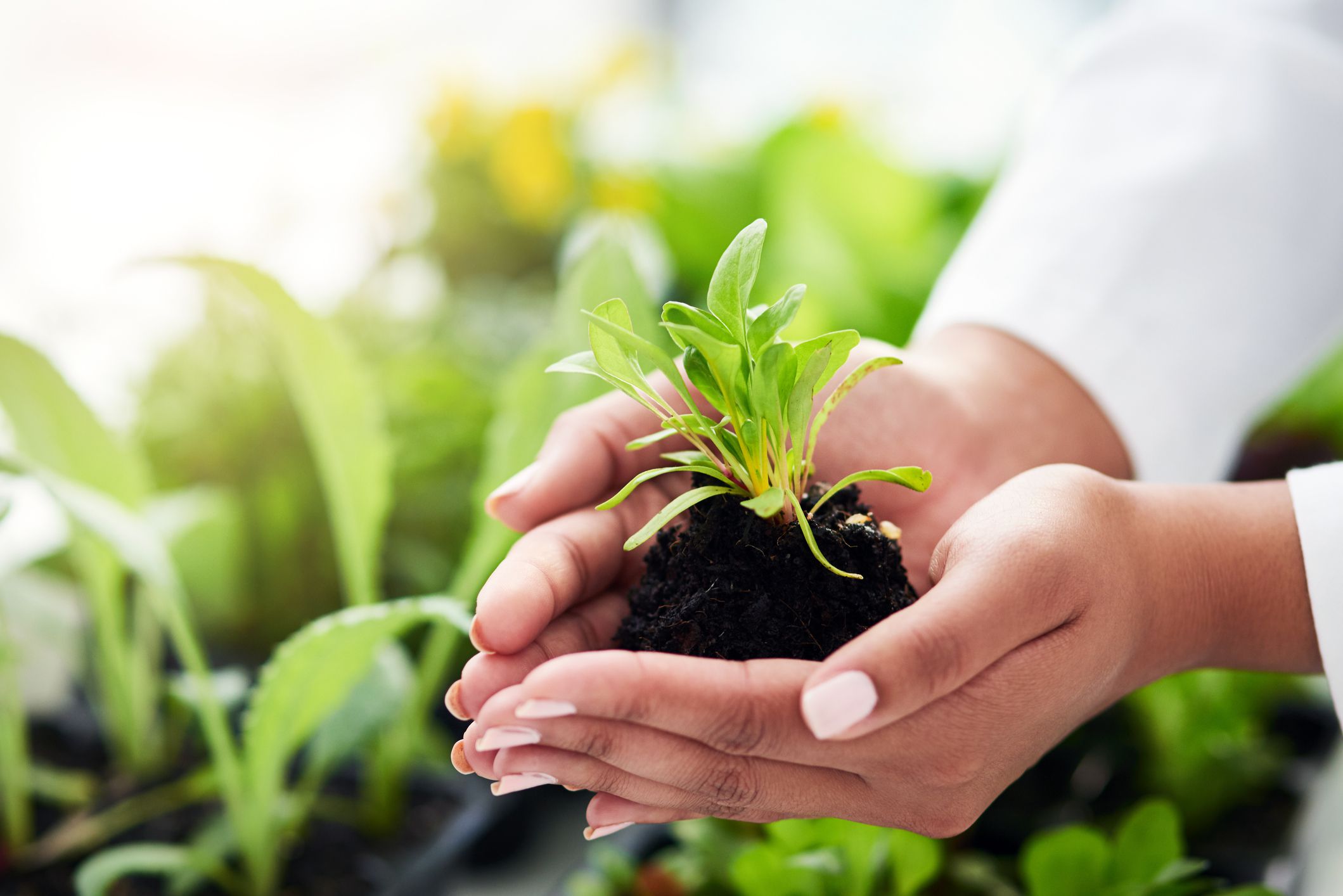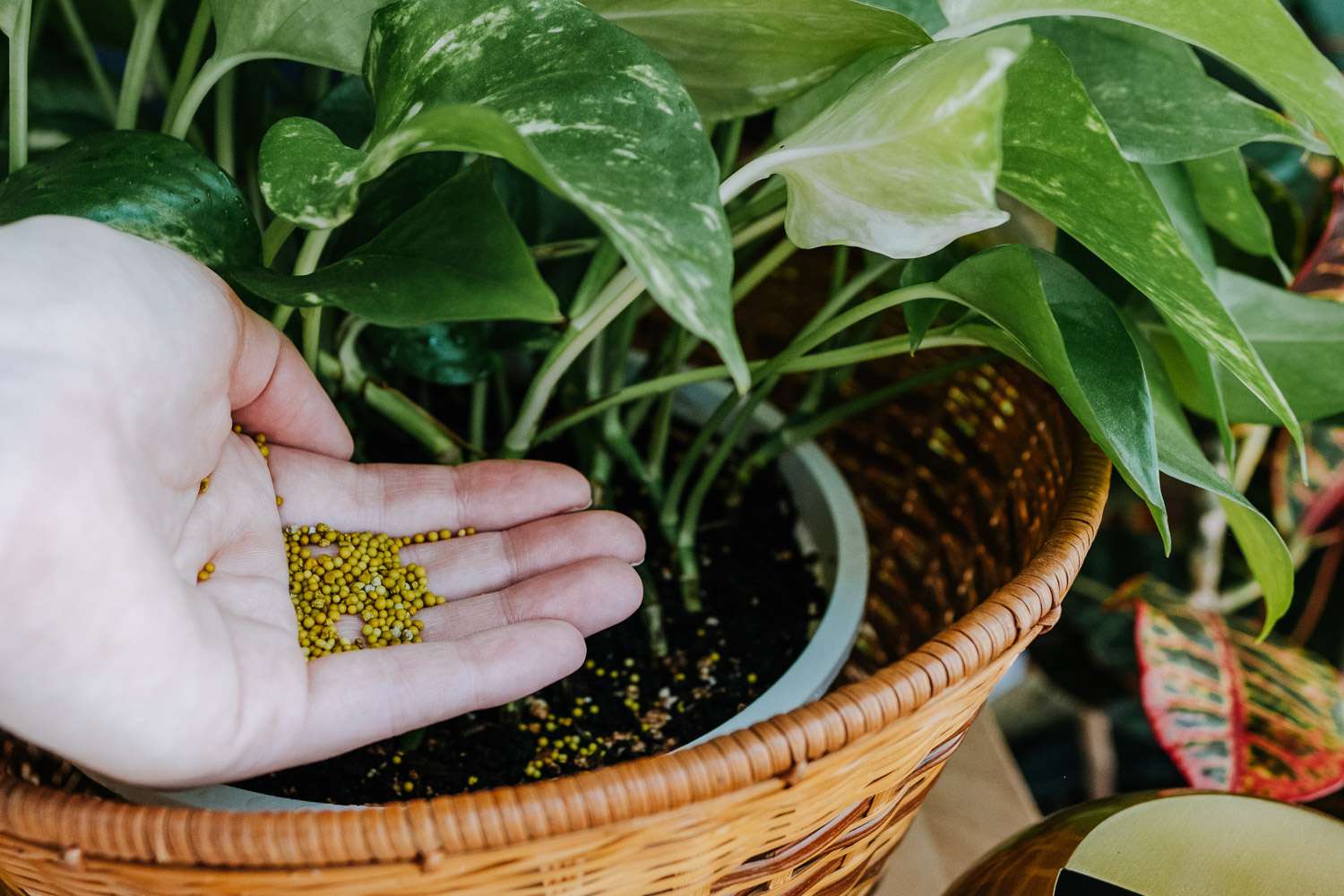Placed against the fickleness of the droppings, the company guarantees plant fertilizer units (N, F, K) while ensuring the lack of weed seeds or microorganisms that can be transferred from the compost to editing. Also, various types of droppings are not allowed in organic horticulture: those from climbing animal farms will likely be spoiled with antimicrobials, pesticide build-up, or heavy metals. On the other hand, some types of excreta that are extremely rich in micronutrients, such as nitrogen, if not mixed with less fortunate fertilizers or plant waste, beware of the imbalance, despite treating the soil. Concerning fertilizers, the advantages are more evident, both for yield and for the climate, in the short and especially in the long term. Although the use of inorganic fertilizers contributes readily accessible supplements to the plant, it is not difficult to use them unnecessarily or inappropriately.
Substance fertilizers do not change the soil
In addition to the attempt to contaminate the surrounding and underground water and the increase of poisonous salts in the soil when applied in huge quantities, soil corruption is a great danger in the single-use of substance fertilizers, as it kills microorganisms useful for the nutrition of plants. The reality is that engineered fertilizers neglect substrate correction – they just feed the plant. At the point where organic fertilizers are applied, the microorganisms in the soil themselves degrade them into water-solvent mixtures that the plants exploit.

Another important element is that they carry out an extension of action on microscopic organisms and growths that benefit the soil. Truth be told, this type of fertilizer helps the multiplication of growths responsible for the plants exploiting the supplements. Subsequently, organic fertilizers further develop the structure of the soil, help to retain the supplements, allow the obsession of carbon in the substrate and increase the product’s capacity to assimilate water.
100% organic guarantee and official certificate
This normal fit can be found in strong recipe fertilizers tailored to the needs of each crop in each season of the breeding cycle. The various lines of SEIPASA fertilizers are an example of the most ideal choices for normal feeding. SEIPASA offers 100% guaranteed organic fertilizers, backed by ecological authentication, which are amazing for coordinated breeding. The reasonable chunk of the Multisei and Seivital (fluid and strong organic) item lines positions them as reclaiming soil models for their ability to adjust substrate support, working on their design, structure, and microbial movement. When applied consistently, they are the best answer for the advancement and restoration of dissolved, compacted, or drained soils, as they increase the porosity of the substrate they allow a more remarkable airflow, as well as faster invasion and more prominent maintenance or water from the water system.




